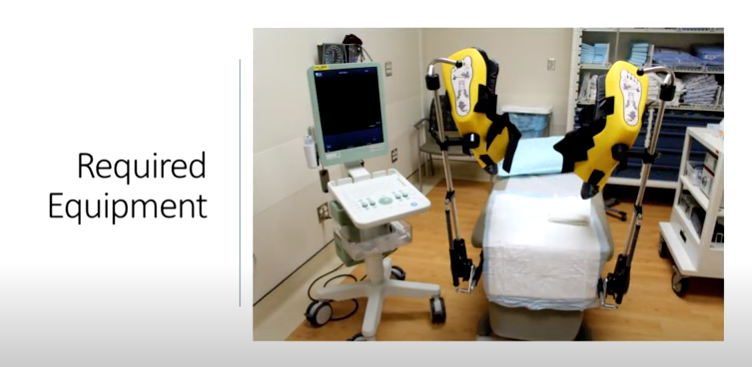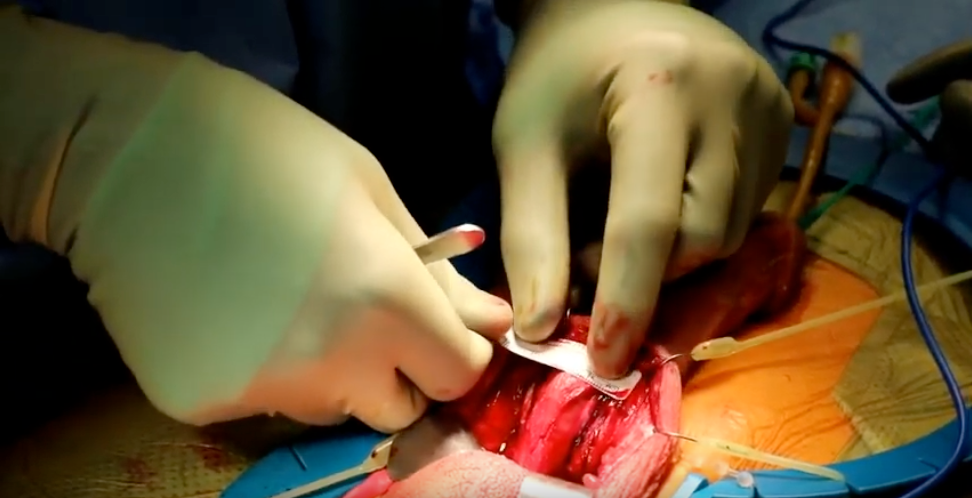Article
Placement of 3-piece inflatable prosthesis and mini sling
The technique in this video, from Laurence A. Levine, MD, represents a modification to the “mini-jupette,” as described by Robert Andrianne, MD, in 2005.
This video, from Laurence A. Levine, MD, as well as videos from Robert J. Valenzuela, MD, and Faysal A. Yafi, MD, provide expert techniques in placement of a three-piece penile prosthesis and male urethral mini-sling in men with erectile dysfunction and climacturia following radical prostatectomy. Commentary on the videos is provided by Dr. Valenzuela, director of penile prosthesis surgery and assistant professor of urology, Icahn School of Medicine at Mount Sinai, New York, and 'Y'tube Section Editor James M. Hotaling, MD, MS, assistant professor of surgery (urology) at the Center for Reconstructive Urology and Men's Health, University of Utah, Salt Lake City.
The male urethral mini-sling, in combination with placement of an inflatable penile prosthesis, is a surgical approach to treat patients experiencing post-radical prostatectomy erectile dysfunction with concurrent climacturia and/or mild stress urinary incontinence. The technique in this video represents a modification to the “mini-jupette,” as described by Robert Andrianne, MD, in 2005. Initial results are excellent, with >90% of men reporting complete resolution of climacturia and 85% reporting improvement in stress incontinence.
Dr. Valenzuela: Prior to initiating the procedure, Dr. Levine preps and drapes the patient using Ioban drape around the operating field. This allows exclusion of the nonoperative field and the movement of fluid away from the penis and scrotum. The procedure is carried out through a transverse scrotal incision. The urethral scrotal septum is taken down to access the proximal urethra for placement of the mini-sling. The hydrodistension of the corpora facilitates identification of the lateral corpora for fixation of the sling.
In this case, a four-point fixation of the sling is sufficient to prevent the sling form folding on itself. At the time of measurement of the proximal corpora, we can appreciate how proximal the sling has been placed. The position of the sling does not affect the location of the corporotomies, nor does it interfere with placement of the prosthesis or any adjunct procedure, such as modeling or correction of angulation.
Dr. Levine clearly demonstrates all the salient points necessary for the proper placement of the sling and the penile prosthesis through a single transverse scrotal incision.
Dr. Hotaling: This video shows adaption of several well-described techniques to facilitate placement of the mini-sling, specifically, taking down the urethral scrotal septum to fully visualize the proximal urethra, hydrodistending the corpora, and excellent use of sterile technique. Perhaps most importantly, Dr. Levine and colleagues demonstrate how placement of the sling does not preclude optimal placement of a penile prosthesis.
Dr. Levine is professor of urology at Rush University Medical Center in Chicago.
'Y'tube Section Editor James M. Hotaling, MD, MS, is assistant professor of surgery (urology) at the Center for Reconstructive Urology and Men's Health, University of Utah, Salt Lake City.
Newsletter
Stay current with the latest urology news and practice-changing insights — sign up now for the essential updates every urologist needs.

















